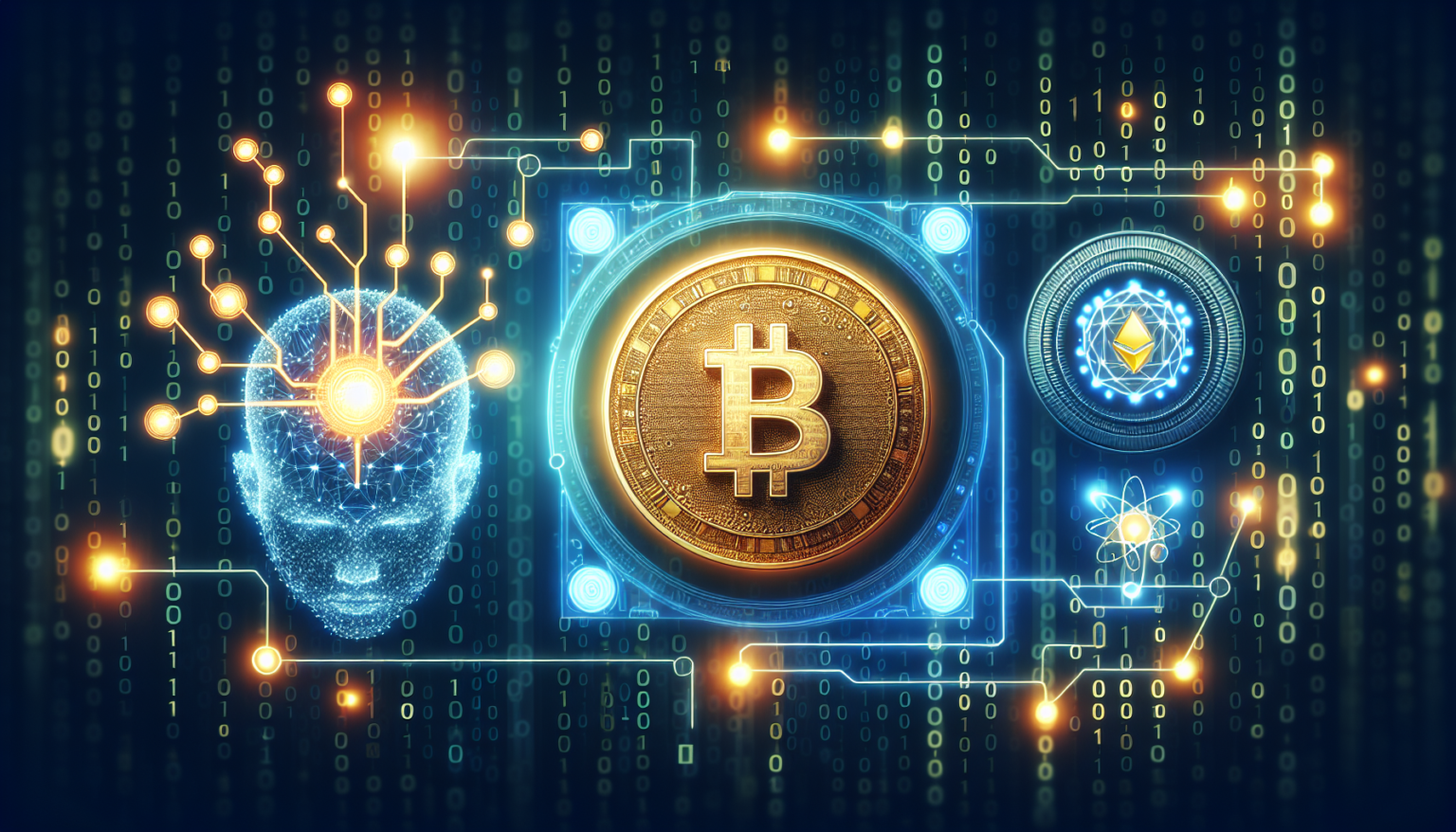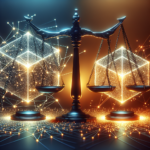Understanding Smart Contracts
What Are Smart Contracts?
Smart contracts are self-executing contracts with the terms of the agreement directly written into code. These digital agreements reside on a blockchain, making them transparent and immutable. Essentially, when pre-defined conditions are met, the code automatically facilitates, verifies, or enforces the performance of the contract, allowing for trust and efficiency without the need for intermediaries.
The Role of Blockchain Technology
Blockchain technology underpins smart contracts by providing a decentralized ledger that ensures security, transparency, and accountability. Each transaction is recorded on a block and linked to the previous one, creating a chain of evidence that cannot be altered. This feature is crucial for the reliability and integrity of smart contracts, as it establishes trust among parties who may not know each other.
Introducing Artificial Intelligence into Smart Contracts
The Fusion of AI and Smart Contracts
Artificial Intelligence (AI) and smart contracts are two cutting-edge technologies that, when combined, can create intelligent smart contracts. This fusion not only enhances the efficiency of transactions but also enriches the capabilities of these contracts. AI brings a level of sophistication that traditional smart contracts lack, enabling them to process data, learn from it, and make decisions based on that data.
How AI Enhances Smart Contracts
AI contributes to smart contracts in several ways:
1. Data Analysis and Decision Making
AI algorithms can analyze vast amounts of data in real-time, allowing smart contracts to assess whether the pre-defined conditions are met based on dynamic variables. This adaptability means that contracts can respond to changes in the environment, ensuring that they remain relevant and effective.
2. Predictive Capabilities
With machine learning, AI can predict outcomes based on historical data. This predictive capability means that smart contracts can preemptively adjust terms or conditions if forecasted events occur, providing an added layer of responsiveness and flexibility.
3. Enhanced Security Measures
AI can bolster the security of smart contracts by identifying patterns and anomalies that may suggest fraudulent activities. These intelligent systems can alert stakeholders to potential risks, enabling them to take protective measures before issues arise.
4. Natural Language Processing
AI-powered natural language processing can help translate legal jargon into straightforward programming code. This process simplifies the creation and management of smart contracts, making them accessible to a broader range of users, including those without extensive technical backgrounds.
Applications of Intelligent Smart Contracts
Finance and Banking
In the financial sector, intelligent smart contracts can automate processes like loan approvals, settlements, and compliance checks. By using AI to analyze credit risk and customer data, these contracts can adjust terms in real-time, offering personalized financial services while reducing defaults.
Supply Chain Management
Intelligent smart contracts can revolutionize supply chain management by integrating AI to monitor inventory levels and supplier performances. They can execute payments automatically when goods are delivered, verifying shipment data against agreed conditions, which enhances transparency and reduces fraud.
Real Estate Transactions
In real estate, intelligent smart contracts can simplify the buying and selling process. AI can evaluate property values and predict market trends to ensure that all parties engage in fair transactions. Furthermore, they can automate the transfer of ownership once conditions such as payment and inspections are fulfilled.
Healthcare Management
In the healthcare industry, intelligent smart contracts can streamline operations by securely sharing patient data among providers while ensuring compliance with regulations. AI can analyze health data to facilitate timely medication prescriptions and claim approvals, improving patient outcomes and operational efficiency.
Challenges and Considerations
Technical Limitations
While the integration of AI into smart contracts presents numerous advantages, it is not without challenges. The complexity of coding and maintaining intelligent systems can lead to unforeseen vulnerabilities. Smart contracts must be meticulously audited to prevent exploits that could compromise security.
Regulatory Issues
The regulatory landscape surrounding smart contracts and cryptocurrency transactions is still evolving. As intelligent smart contracts use AI, they may face stricter scrutiny from regulators concerned about transparency, accountability, and privacy. Ensuring compliance with regulations while harnessing the technology’s full potential can be a delicate balance.
Ethical Considerations
AI’s use in smart contracts introduces ethical dilemmas, particularly in terms of bias and privacy. For example, if an AI system feeding into a smart contract contains biased data, it could lead to unfair decision-making. Developers must prioritize ethical standards when designing intelligent systems to foster trust and fairness.
The Future of Intelligent Smart Contracts
Continued Evolution
The landscape of smart contracts is continually evolving, with advancements in AI promising even more significant developments. As natural language processing improves, the complexity of contracts that can be codified may increase, enabling a wider array of applications across different industries.
Increased Adoption Rates
As businesses begin to understand the potential of intelligent smart contracts, we can expect increased adoption in various sectors. The benefits of automation, efficiency, and data-driven decision-making will attract organizations seeking to optimize their processes and enhance customer experiences.
Collaboration Between Industries
The combination of AI and smart contracts promotes collaboration between various sectors. Industries from finance to healthcare can work together to share best practices and develop robust solutions that leverage both technologies, ultimately benefiting consumers and businesses alike.
Redefining Trust
As intelligent smart contracts gain traction, they have the potential to redefine trust in digital transactions. By fostering a transparent and secure environment, stakeholders can feel confident that contracts will be executed as promised, paving the way for a more efficient and trustworthy economy.
Unlocking New Markets
As the technology matures, intelligent smart contracts may open new markets that were previously inaccessible due to high entry barriers. By lowering transaction costs and providing user-friendly interfaces, more participants can engage in blockchain economies.
In summary, intelligent smart contracts represent a promising evolution in the realm of digital transactions. Leveraging AI’s capabilities to enhance decision-making, security, and efficiency will undoubtedly reshape how we conduct business in the future.









